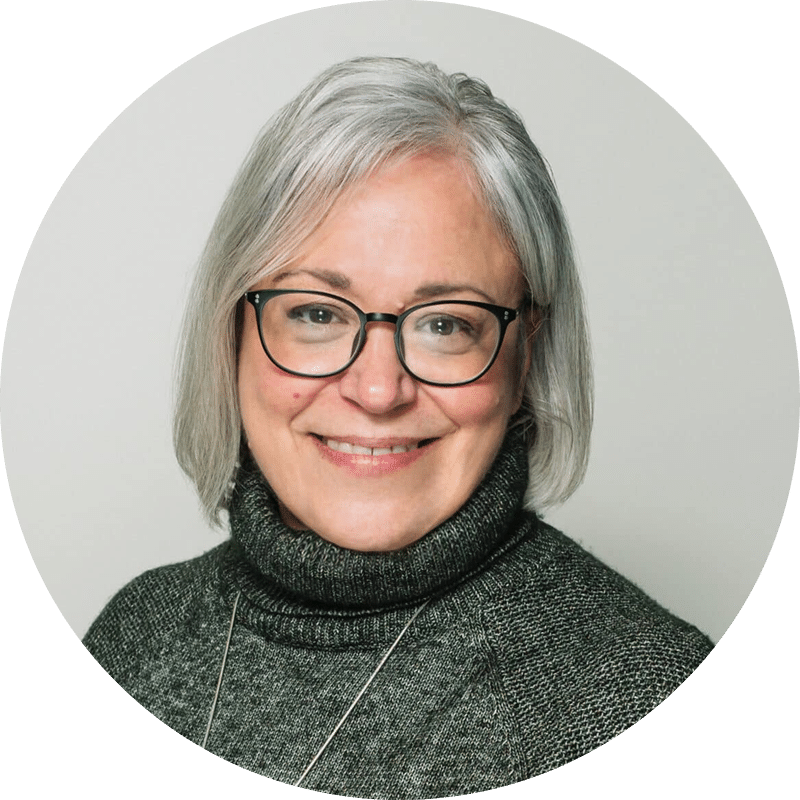CLE-accredited webinar
Ensuring Admissibility: Navigating Texas Remote Deposition Rules
Thursday, October 30th. 11 AM CDT
With the rise of digital court reporting, litigators face new risks alongside new opportunities. Conflicting rules from the Texas Rules of Civil Procedure (TRCP) and the Judicial Branch Certification Commission (JBCC) have created uncertainty, leaving attorneys unsure whether their transcripts will withstand challenges from opposing counsel.
This webinar brings Brandon Greenblatt, CEO of Remote Legal, Michelle Stratton, Founding Partner at Murphy Ball Stratton LLP, and Susan LaPooh, President of the AAERT, together to break down what’s happening, what’s at stake, and how litigators can protect themselves and their clients.

Register To Attend
What We'll Cover
- The evolution of deposition practices in Texas – the continuing increase of remote proceedings and the rise of digital court reporting.
- Stenographers vs. digital court reporters – understanding the differences, the quality standards, and the rules that allow both types of court reporter to capture the record.
- Conflicting regulations – how TRCP and JBCC rules are at odds, and why that matters.
- Transcript challenges – how opposing counsel may use regulatory conflicts to disrupt timelines and attack admissibility.
- Protecting your practice – practical steps litigators can take to safeguard against transcript challenges and ensure defensible records.

Panelists

Brandon Greenblatt
Brandon is the Chief Executive Officer of Remote Legal. He is a former practicing attorney, having worked for Fried, Frank, Harris, Shriver and Jacobson in New York City. Seeing the inefficiencies of the legal system led him to establish Remote Legal’s mission to leverage smart technology to help attorneys streamline workflows and conduct more effective depositions. Brandon leads the organization combining his legal perspective with an agile tech-building mentality.
He earned his Juris Doctorate from the Cardozo School of Law and Bachelor of Arts from Vanderbilt University. Brandon is actively involved in the Cardozo School of Law Alumni Association and enjoys educating young attorneys about modern best practices to keep the profession moving forward.

Susan LaPooh
As Senior Director of Testimony Capture at Remote Legal and President of AAERT, Susan leads efforts to modernize how testimony is captured, transcribed, and protected—while ensuring that certified professionals remain central to the legal record.
Her career has been dedicated to strengthening the integrity of the legal record and creating pathways for the court reporting and transcription profession to thrive in a rapidly evolving landscape. At Remote Legal, she oversees a national team of stenographic and digital reporters, transcript production specialists, and quality leaders. Together, they deliver accurate, timely, and compliant transcripts at scale for depositions and legal proceedings across the country.
Beyond day-to-day operations, Susan plays a pivotal role in shaping the future of the industry. She collaborates with regulators, courts, and professional associations to:
- Establish unified standards for quality, certification, and technology across all methods of court reporting
- Advocate for modernized rules and regulations that expand access to justice while safeguarding record integrity
- Build bridges between traditional and emerging reporting methods, fostering a collaborative, professionalized ecosystem
- Champion continuing education, workforce development, and credentialing that elevate the profession

Michelle Stratton
Michelle is a clear and elegant communicator. She writes and speaks to courts and decision-makers in a way that precisely gets to the point and compellingly explains why her client should win. She is an appellate specialist, but equally at ease briefing and arguing in trial courts, arbitrations, and mediations—or anywhere there’s an audience in need of persuading.
This requires sharp intellect, attention to detail, and hard work. After earning a 4.0 in college, Michelle graduated first in her law school class, having scored the top grade in 20 courses.
It also requires superior writing skills, refined by practice. Michelle’s student law review article was deemed best in the nation by The Scribes Journal of Legal Writing. As a Bristow Fellow and law clerk, she studied hundreds of briefs, learning what works and what doesn’t. And in her years of private practice, she has personally written scores of briefs at every level of federal and state courts in a wide array of substantive legal areas.
Oral communication skills are likewise essential, and Michelle has honed those by diverse on-her-feet experiences. She has argued appeals before the United States Courts of Appeals for the Fifth and D.C. Circuits, the Texas Supreme Court, Texas’s First Court of Appeals, and appellate arbitrators, as well as dispositive motions in federal and state trial courts. She has taught legal writing to lawyers and law students. And she regularly teaches the Bible to women in her local church.
Clients have a story to tell. Michelle tells it well, and she tells it to win.